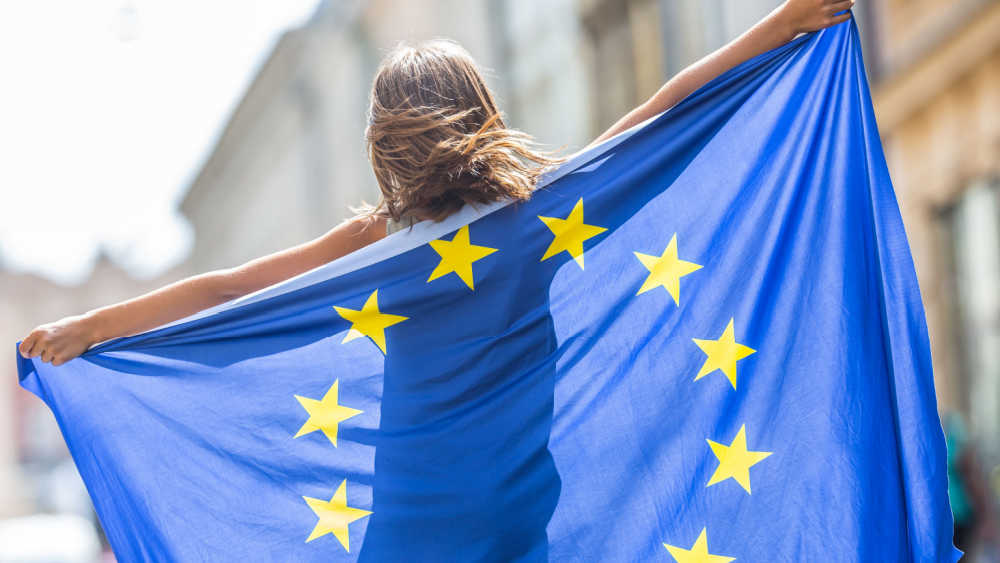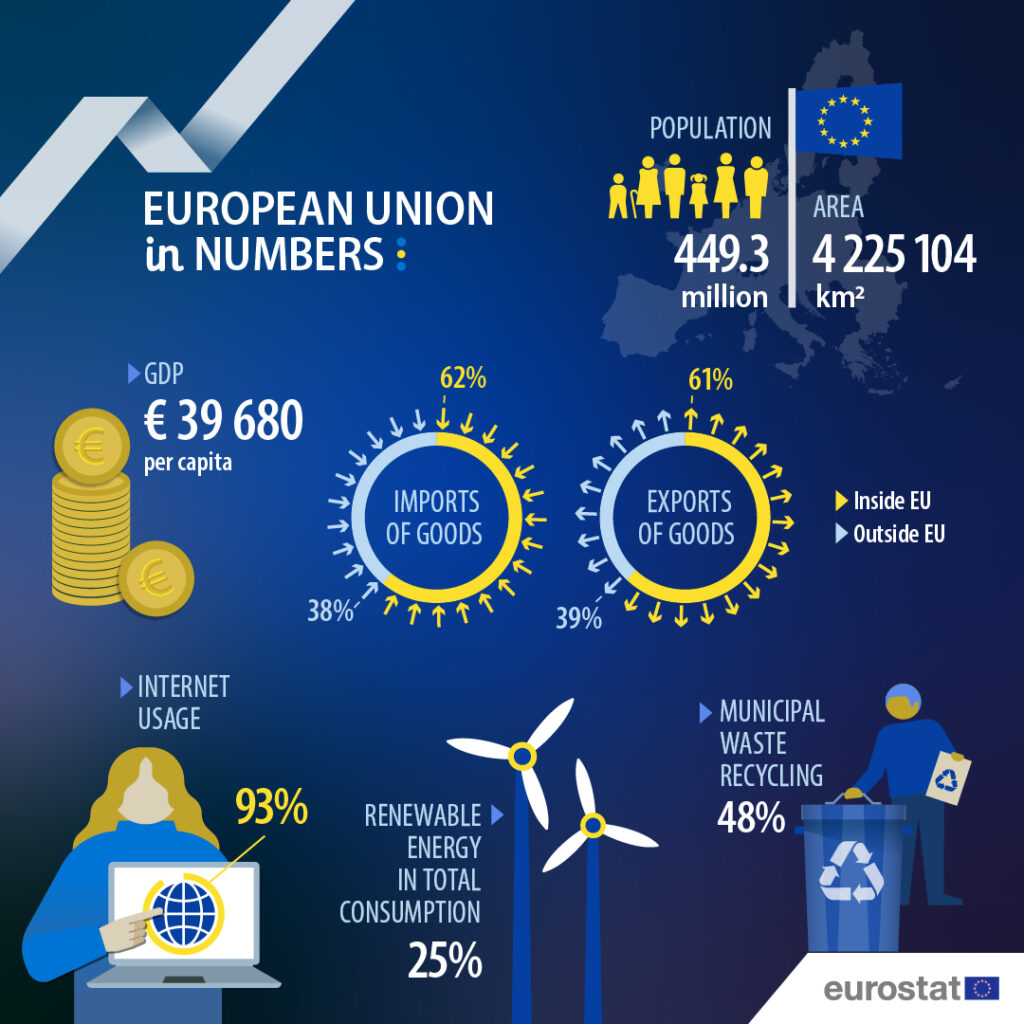Every year on 9 May, we celebrate Europe Day, commemorating the signing of the ‘Schuman Declaration‘ on 9 May 1950. The declaration was an ambitious plan to secure long-term peace in post-war Europe and is considered the beginning of what is now the EU.

The Schuman Declaration: A vision for peace
On 9 May 1950, just five years after the end of the Second World War, French Foreign Minister Robert Schuman delivered a speech that would change the course of European history. In what is now known as the Schuman Declaration, he proposed placing the coal and steel industries of France and West Germany under a common authority—an unprecedented move designed to make war between the historic rivals “not only unthinkable but materially impossible.”
Schuman’s vision was clear: by pooling essential resources, European nations could build trust, share sovereignty in strategic sectors, and pave the way towards lasting peace. This plan led to the creation of the European Coal and Steel Community (ECSC) in 1951, with six founding countries: France, West Germany, Italy, Belgium, the Netherlands, and Luxembourg.
From economic cooperation to political union
The ECSC was only the beginning. Over the decades that followed, this model of cooperation expanded and deepened, evolving through key treaties and enlargements. The Treaty of Rome (1957) established the European Economic Community, and the Maastricht Treaty (1993) formally created the European Union, giving it a broader mandate that included a single currency, common foreign policy, and expanded institutional frameworks.
Today, the EU comprises 27 member states and represents one of the largest political and economic unions in the world. It stands not only as a trading bloc but also as a defender of human rights, environmental standards, social protections, and democratic governance.
Celebrating unity in diversity
Europe Day is marked by a variety of events and initiatives—educational, cultural, and civic—organised by EU institutions and national governments alike. The day serves as a reminder of what European countries can achieve when they work together and underscores the importance of safeguarding peace, cooperation, and democratic ideals in an ever-changing world.
If you are in Luxembourg, we invite you to join the Europe Day event, tomorrow, 10 May, in Echternach. Eurostat will have a stand shared with colleagues from the statistical office of the European Free Trade Association (EFTA). You can visit us between 12:00 and 18:00 (CEST).
For those in Brussels, many EU institutions will open their doors to the public between 10:00 and 18:00 (CEST) on 10 May, namely the European Parliament, the European Council and the European Commission. Eurostat will have a stand in the Commission’s Berlaymont building, which we invite you to visit.
For an overview of all events happening across the EU and institutions opening their doors to visitors, please visit the Europe Day webpage.

With information from: European Commission


